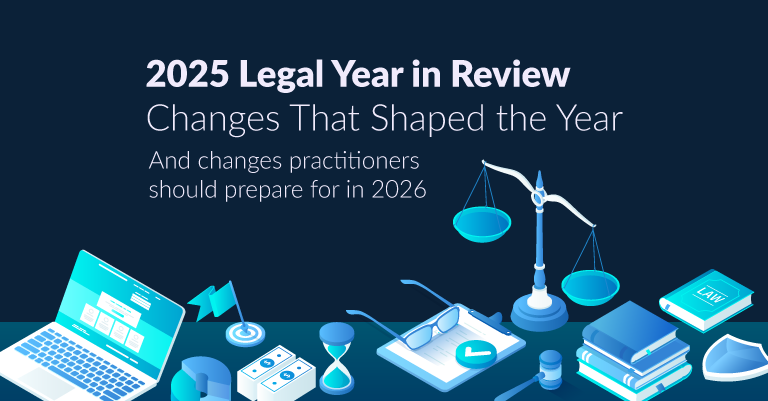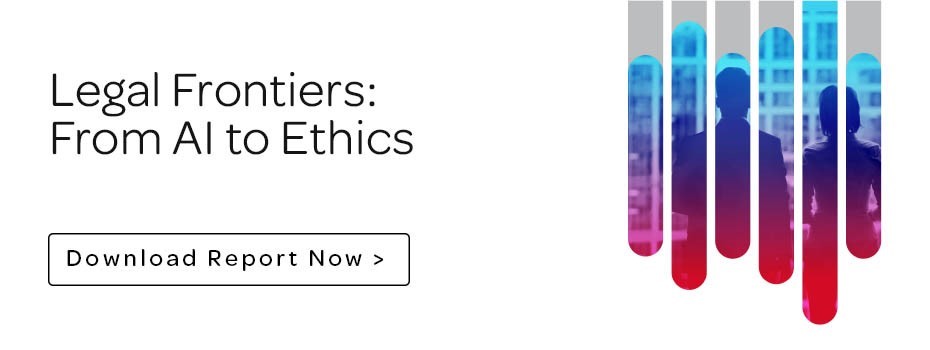As 2025 draws to a close, Australia’s legal landscape reflects another year of reform focused on accountability, fairness, and technological adaptation. From mandatory merger notifications and franchising...
Authored by Allison Lawrence, Senior Legal Writer, Technology & Innovation. Australia’s online safety framework is about to reach a major turning point. On 10 December 2025, the new age-assurance obligations...
Authored by Hayley Tam , Head of Built Environment & Disputes, Practical Guidance, and Research by Feng Emily Lizzio, Paralegal, Practical Guidance. Climate change is rapidly reshaping our physical environment...
Introduction The pressure on organisations to embrace Artificial Intelligence (AI) technology while delivering greater efficiency seems like it has never been higher than in today’s business environment...
As AI becomes more common in legal practice, many professionals are discovering an unexpected challenge: their tools don’t always work together. A typical day for an Australian lawyer might involve switching...

Artificial Intelligence is proving revolutionary for the legal industry. The ability for algorithms to quickly and automatically analyse large data sets is changing processes and opening new opportunities for innovation.
The legal industry stands to benefit from the adoption of AI, but as the technology is in its early stages of implementation, there are many questions around its application. LexisNexis was determined to understand the mindset Australian legal professionals held towards the use of AI in legal practices. The Legal Frontiers: From AI to Ethics report presents a snapshot of Australian legal professionals’ views about the industry’s technological future. The report collected findings from the 2018 LexisNexis Australian Legal Tech Survey of 264 legal professionals, and panel discussions featuring 23 panellists and 435 attendees held across Australia, where legal professionals shared their thoughts on AI and its ethical use in the legal industry.
The report found that a majority of legal professionals (65%) believe AI is likely to, or will definitely, affect their area of practice in the next five years. The removal of grunt work (44%) and subsequent changed nature of legal work (42%) are the most common implications expected by legal professionals. Junior lawyers and graduates will be affected most by this change, but an optimistic school of thought suggests they will benefit from spending more time building cases and developing their skills as legal professionals. New legal tools will create alternative career pathways for legal graduates, and generate greater access to resources for the wider public.
The protection of private data is an increasing concern in all tech-driven industries , and despite general optimism around the adoption of AI, legal professionals feel that stronger data privacy protections (69%) and guiding ethical framework (58%) will enable Australia to better support the ongoing development of AI and mitigate potential risks such as bias or lack of transparency that may arise from its use.
AI clearly represents an opportunity for positive change in the legal industry. As can be seen in other industries, the wide adoption of AI will improve the efficiency of the practice of law, resulting in greater access to resources and exciting new opportunities for young lawyers. But in order to take full advantage of this, it must be developed and used in a mindful, egalitarian and - above all – ethical way that serves to uphold the rule of law and increase access to justice for all.






